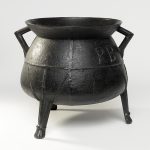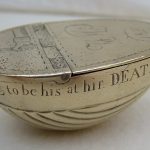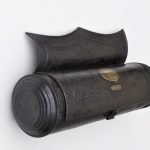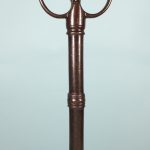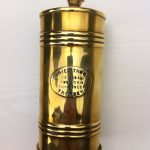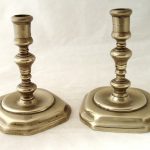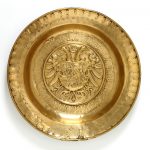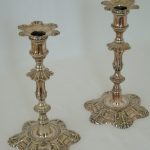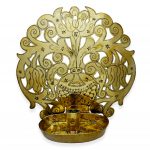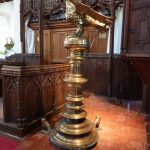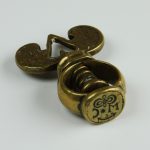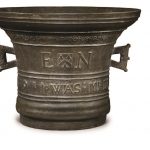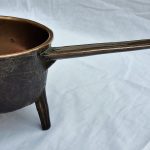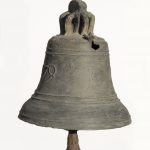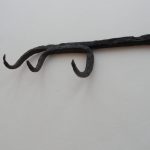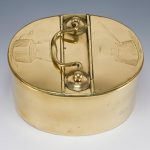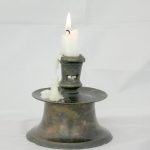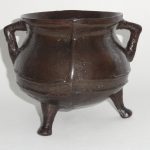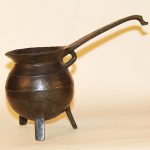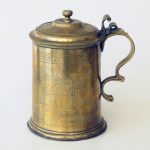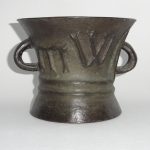Britannia Metal Teapot
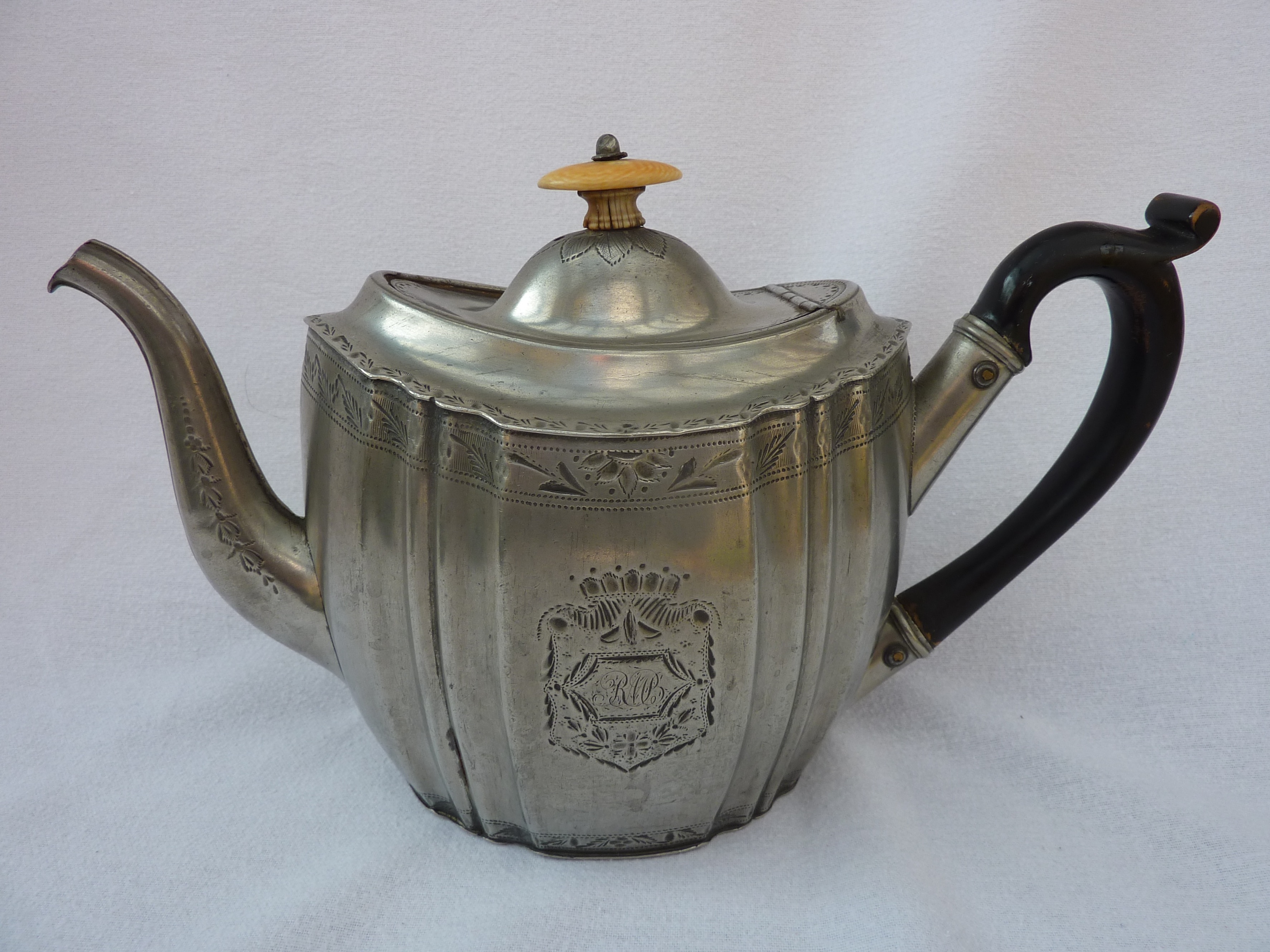
Explanation:
This teapot was made by John Vickers of Sheffield (working 1769-1809). His mark I.VICKERS is struck in the middle of the base. The pot has bright-cut decoration on body, lid and spout and the owners’ initials ‘RMB’ engraved in an elaborate cartouche on both sides. The pot retains its original wooden handle and ivory finial and its style is identical to that of its silver counterparts, enabling it to be dated at the end of the 18th century.
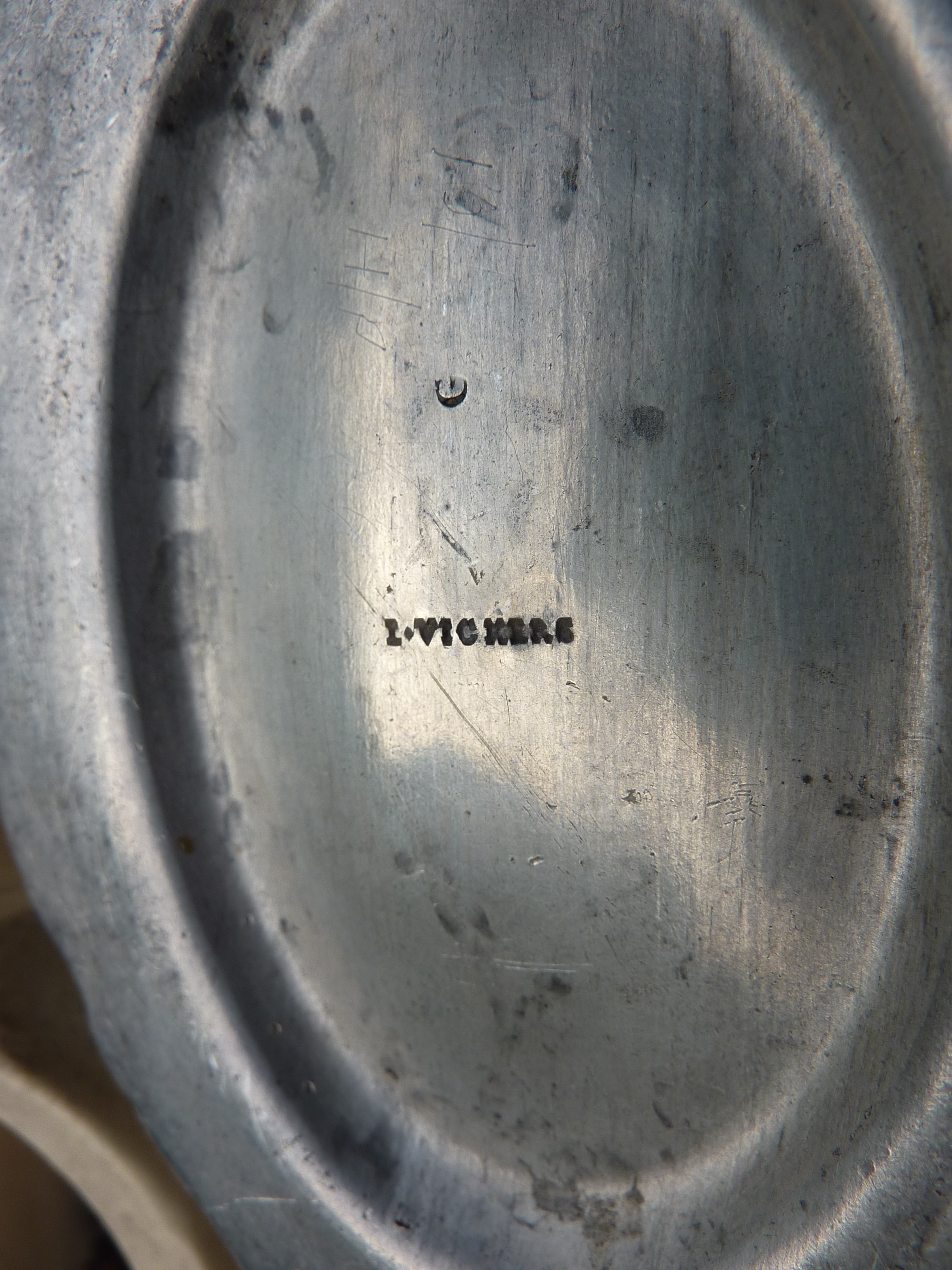
Britannia metal is an alloy of 90% tin with 8% antimony and small amounts of copper and bismuth. John Vickers is credited with its introduction to the metalworking trade, having reputedly acquired the recipe for it in 1769 for five shillings from ‘a person taken very ill’. Britannia metal products were generally assembled from stamped components soldered together, as is the case with the present example. They were cheaper to make and used less metal than similar objects in pewter. As a result, gradually at first and then more rapidly in the 19th century, Britannia metal replaced pewter for the production of goods at the more widely affordable end of the market.
Reference:
- North, A., 1999. Pewter at the Victoria and Albert Museum, V & A Publications, London, pp. 10 – 11, 176. ISBN 10: 1851772235

